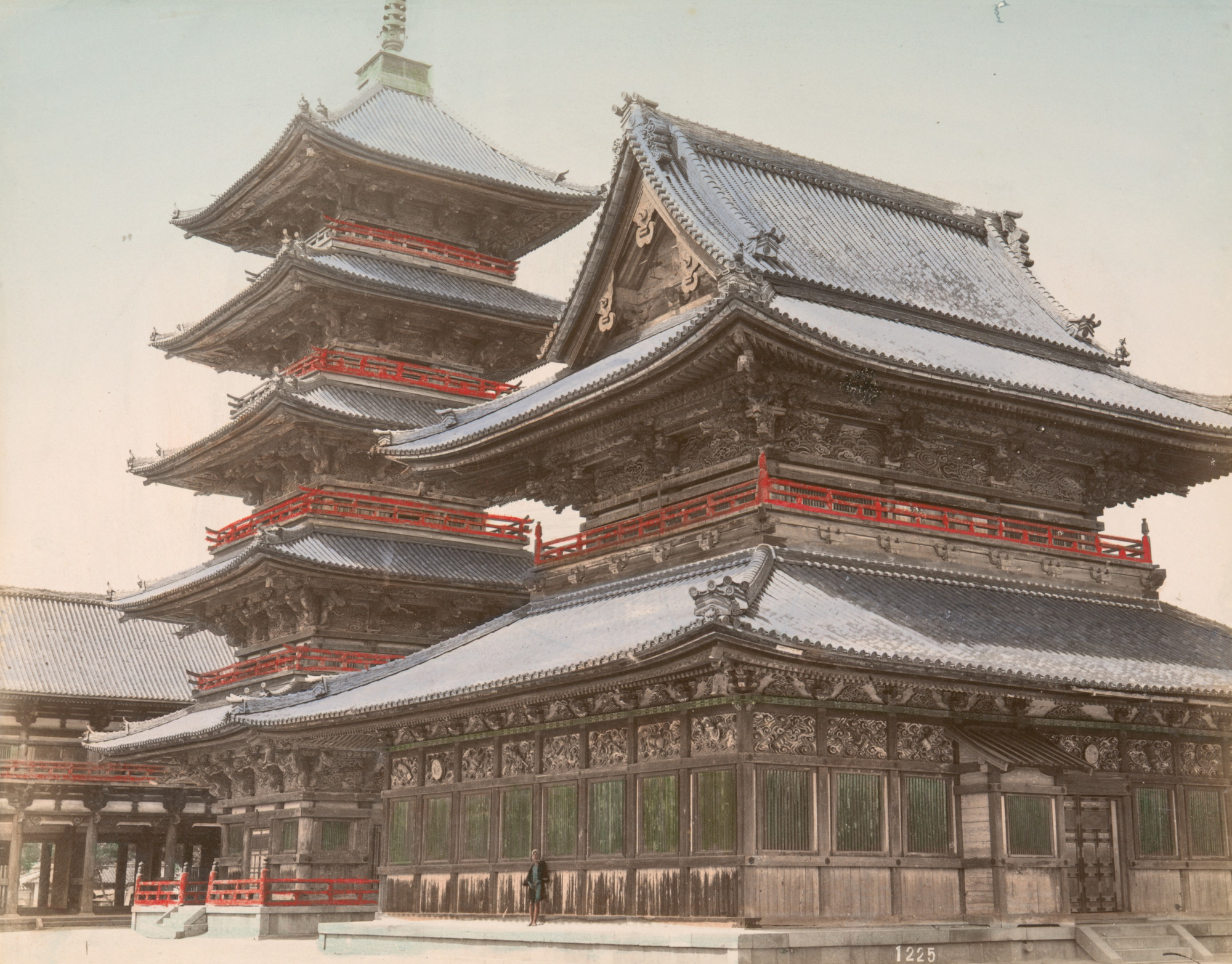
The End of a 1,400-Year-Old Business
After 14 centuries, ordinary economic and social changes brought down the world's longest-living company.
There’s a very short but very telling story in Business Week on the demise of the longest-living company, based in Japan. After 14 centuries (!), this Buddhist temple construction company is going of out business. A few quotes:
The world’s oldest continuously operating family business ended its impressive run last year. Japanese temple builder Kongo Gumi, in operation under the founders’ descendants since 578, succumbed to excess debt and an unfavorable business climate in 2006. How do you make a family business last for 14 centuries? Kongo Gumi’s case suggests that it’s a good idea to operate in a stable industry. Few industries could be less flighty than Buddhist temple construction.
So what killed it after 14 centuries of adaption?
The circumstances of Kongo Gumi’s demise also offer some lessons. Despite its incredible history, it was a set of ordinary circumstances that brought Kongo Gumi down at last. Two factors were primarily responsible. First, during the 1980s bubble economy in Japan, the company borrowed heavily to invest in real estate. After the bubble burst in the 1992-93 recession, the assets secured by Kongo Gumi’s debt shrank in value. Second, social changes in Japan brought about declining contributions to temples. As a result, demand for Kongo Gumi’s temple-building services dropped sharply beginning in 1998.
Join our newsletter for the latest in long-term thinking
Subscribe